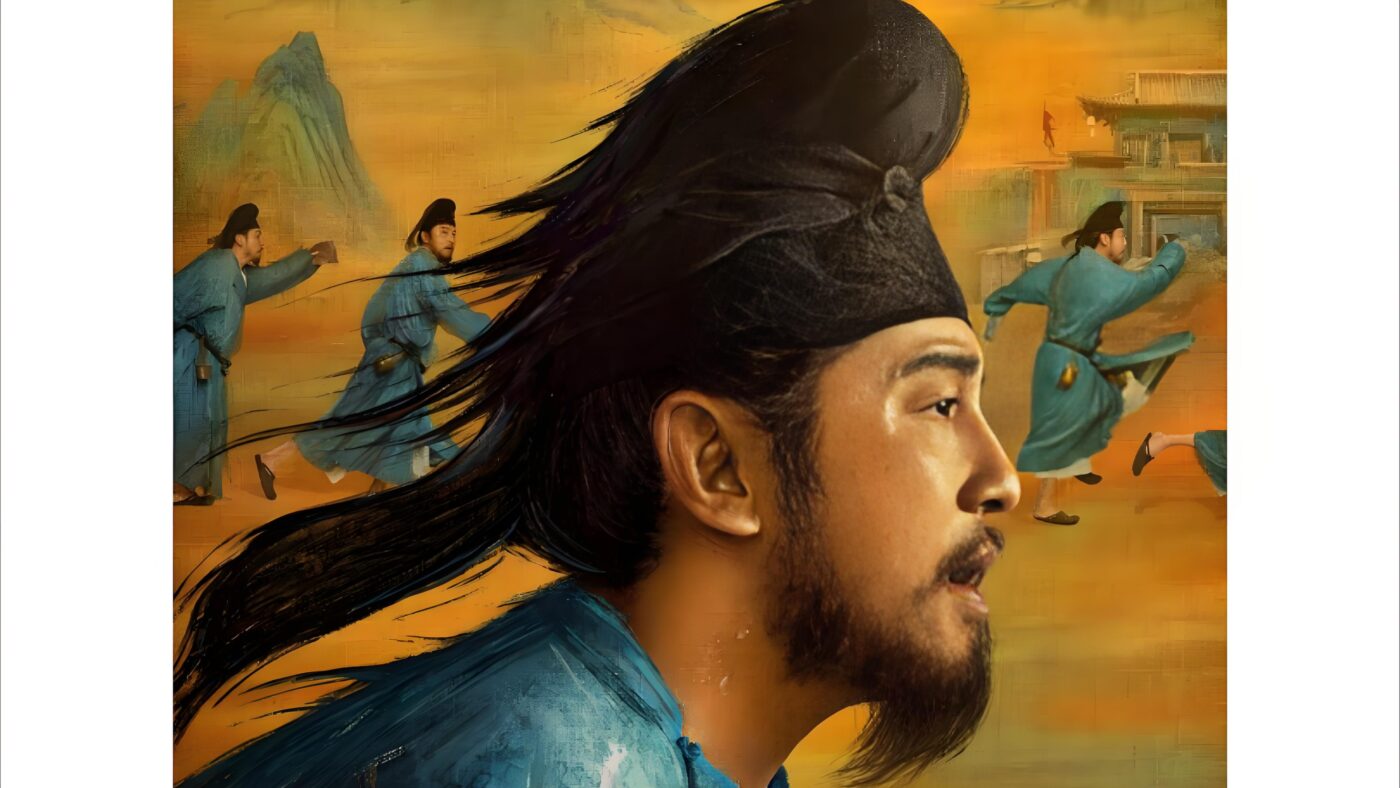The Weight of Expectations and Market Context
(From Anticipation to Disappointment)
The trajectory of Lychees of Chang’an (《长安的荔枝》), a lavishly produced historical drama, exemplifies how pre-existing hype and audience fatigue can converge to undermine even the most promising projects. Positioned as a spiritual successor to acclaimed series like The Longest Day in Chang’an (《长安十二时辰》) – which earned an impressive 8.6/10 on Douban for its “elaborate production” and “authentic representation of Tang Dynasty life” Sohu Entertainment – Lychees entered a market saturated with historical epics. Unlike its predecessor, which masterfully compressed a “panoramic view of society” into a high-tempo, single-day narrative, Lychees struggled to justify its sprawling storyline. The series arrived amid growing criticism of Chinese dramas for “overlong” formats and “dragging storylines,” a sentiment that undoubtedly colored early audience reactions. Furthermore, the cultural cachet of Tang Dynasty settings, while visually sumptuous, demands fresh narrative approaches to avoid repetitiveness – a challenge Lychees failed to meet despite its substantial budget and star power, leading to an immediate disconnect with viewers seeking innovation rather than familiar tropes amplified by diminishing returns on period spectacle.
Critical Shortcomings in Execution
(Where the Core Narrative Stumbled)
Beneath the surface of its opulent sets and costumes, Lychees of Chang’an suffered from fundamental flaws in storytelling and character engagement that proved fatal to its reception. A primary issue was narrative dissonance; the central plot, ostensibly revolving around the titular lychees as a symbol of imperial intrigue or personal endeavor, lacked the tightly-woven suspense and high-intensity tempo that made The Longest Day in Chang’an compelling through its “12 periods” structure. Instead, Lychees meandered, failing to establish clear stakes or maintain momentum. Compounding this was criticism regarding performative delivery and script obscurity. Similar to critiques leveled against some historical dramas where “ancient prose in conversations” felt “obscure” and hindered comprehension, Lychees reportedly featured dialogue and plot developments perceived as unnecessarily convoluted or emotionally inaccessible. This accessibility barrier alienated casual viewers, while the perceived lack of character depth or genuine emotional resonance – despite the actors’ efforts – prevented deeper investment. The series’ attempt to blend political scheming with personal drama resulted in neither thread achieving sufficient impact, highlighting a failure in structural coherence and tonal balance.
The Amplifying Effect of Audience Sentiment Dynamics
(How Online Reception Accelerated the Downfall)
The underperformance of Lychees of Chang’an cannot be divorced from the powerful and often unforgiving dynamics of contemporary online audience sentiment. Initial lukewarm or negative reactions on platforms like Douban and Weibo quickly solidified into a consensus narrative of disappointment. Research into review ecosystems, such as studies examining the “Effects of Critic Verdicts with Number Ratings in Online Reviews” and the “Effect of Sentiment and Score Dynamics between Critic and User Reviews“, demonstrates how early low scores and negative sentiment can create a self-reinforcing cycle. Negative reviews tend to amplify visibility and attract more critical scrutiny, while potential positive voices may be drowned out or discouraged from dissenting. In the case of Lychees, the gap between its marketing promise (a top-tier, must-watch epic) and the delivered experience (a disjointed, often inaccessible narrative) was stark. This dissonance fueled particularly pointed criticism online. Unlike scenarios where niche appeal might foster a dedicated fanbase, the show’s broad-targeting yet flawed execution left it vulnerable to widespread public disparagement, turning its release into a case study of how digital word-of-mouth can rapidly dismantle a high-budget production’s reputation, irrespective of its technical merits or pedigree, ultimately cementing its status as a commercial and critical misfire in the competitive landscape of Chinese historical drama.

